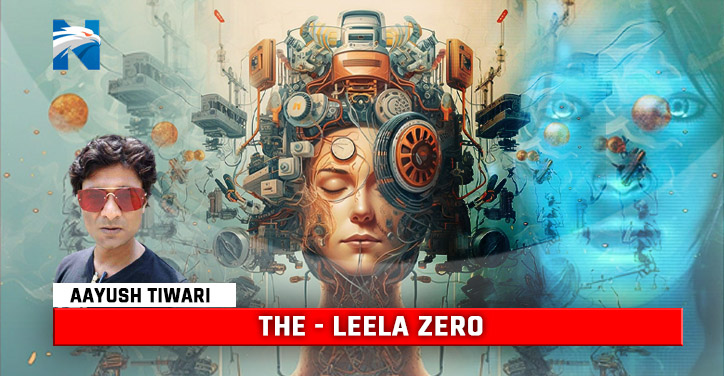
Garry Kasparov’s masterpiece “How chess imitates life” is now turning from a book to prophecy. The Leela zero derived from two Vedantic jargons Leela and Zero is not confined to chess and therefore this blog must cater to the wonders of all. Although the impact of Leela Zero has already been profound, its potential extends far beyond the realm of chess. By effectively utilizing neural networks and deep learning concepts, Leela Zero possesses the inherent capacity to delve into a wide range of other complex problem-solving areas. From medical diagnosis to financial analysis, the ingenuity behind Leela Zero serves as a testament to the limitless possibilities of AI and its ability to revolutionize various industries.
In recent years, chess enthusiasts and AI experts alike have been astounded by the unprecedented advancements made in chess engines. Among them, Leela Zero has emerged as a truly groundbreaking force, pushing the boundaries of artificial intelligence. Combining the power of deep learning and neural networks. Leela Zero has redefined the art of chess analysis, opening up an exciting new chapter in this age-old game.
The rise of Leela Zero can be traced back to the successful implementation of AlphaGo, the AI-based program that introduced deep learning principles to the world and disrupted the foundation of the highly complex game of Go. Inspired by this success, the creators of Leela Zero sought to replicate AlphaGo’s achievement in the realm of chess, leading to a game-changing development in the field of artificial intelligenc
Leela Zero’s strength lies in its ability to harness the incredible potential of neural networks. By utilizing convolutional and residual neural networks, Leela Zero has undergone immense training through self-play, which enables it to uncover hidden strategies, develop a deep understanding of various chess positions, and infer from a vast database of historical games. As a result, Leela Zero has achieved a level of game understanding that surpasses traditional chess engines.
One of the most remarkable aspects of Leela Zero is its relentless pursuit of excellence. Unlike other chess engines, which rely on carefully handcrafted algorithms and static evaluation functions, Leela Zero constantly learns and evolves through an ongoing process of self-improvement. With no pre-set knowledge or human intervention, Leela Zero’s adaptability and deep learning algorithms have enabled it to defeat even the most seasoned grandmasters, rewriting the record books of chess history.
Chess is an Indian game and the Leela zero marks Indian the presence of the Indian antique in the present era of digital revolution. Leela Zero’s open-source nature has revolutionized the way chess engines can be developed and improved upon but it’s algorithm is inspired with the vedantic codes. The study behind the discovery of zero the Indian panchang , the Indian time charts has been instrumental in its training. By making its code freely accessible to the public, Leela Zero has unlocked a world of possibilities for amateur players, grandmasters, and programmers to explore, experiment with, and benefit from its capabilities. From analyzing their own games to strategizing against the most formidable opponents, Leela Zero has opened new doors for players of all skill levels to enhance their understanding and enjoyment of the game.
Leela Zero’s remarkable achievements in the world of chess have left an indelible mark on the game’s history. Its innovative use of deep learning algorithms and neural networks has not only raised the bar for chess engines but also broadened our understanding of the potential of AI in other domains. As we witness Leela Zero’s ongoing evolution, it becomes increasingly apparent that we are on the cusp of a new era, where the marriage of human ingenuity and artificial intelligence can unlock the true potential of what we can achieve.





